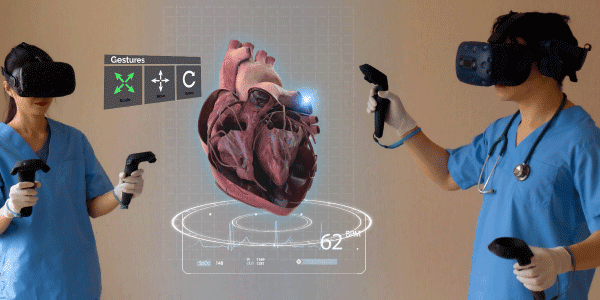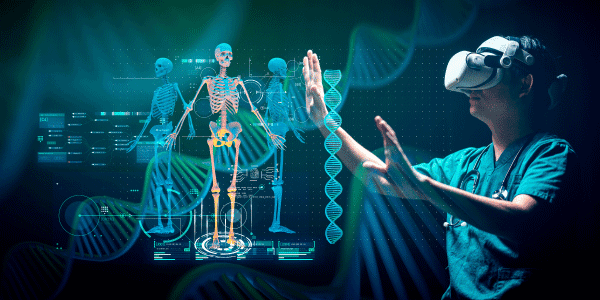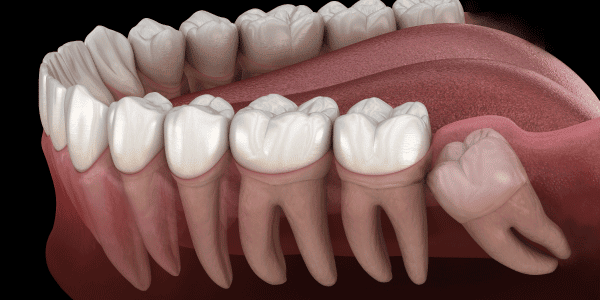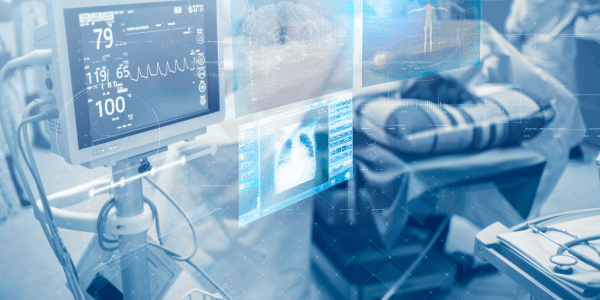Virtual Reality: Shaping the Future of Medical Device Training
Industries in focus: Healthcare Institutions, Healthcare Professionals, and Medical Device Manufacturers






Years of Partnership:
Extended Team Size:
Years of Partnership:
Extended Team Size:
Years of Partnership:
Extended Team Size:
Years of Partnership:
Extended Team Size:
Years of Partnership:
Extended Team Size:
Years of Partnership:
Extended Team Size:
Contact Us
Sample Blueprint























Sample Blueprint

















